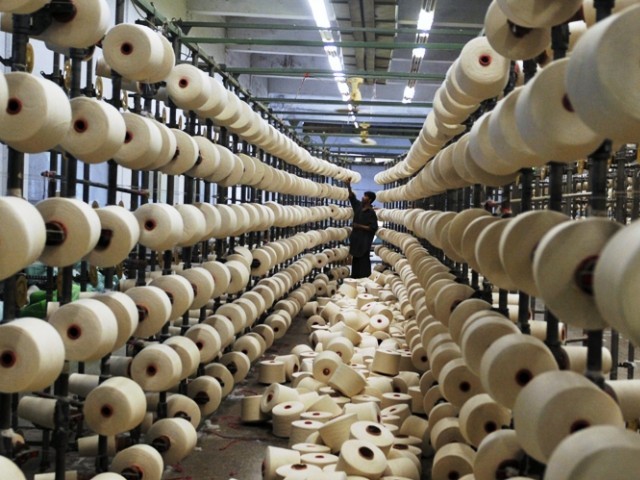Nasser Social Bank (NSB) will start receiving underwriting offers for ATAA Charity Fund established by the bank to support persons with disabilities (PWDs) early August, Senior Vice Chairperson and Managing Director of NSB, Sharif Farouk, said on Tuesday.
Rasmala Egypt Asset Management has been selected by the NSB to act as investment manager of the fund, while the Egyptian Company for Funds Administration Services (ServFund) will be responsible for the fund’s administration services, Farouk told Daily News Egypt.
The NSB’s board of directors agreed to allow Banque Misr, the National Bank of Egypt (NBE), and the Suez Canal Bank to receive underwriting, purchasing, and redeeming offers for the fund.
In December 2018, the NSB board approved the establishment of a charity fund to support PWDs with an initial capital of EGP 200m.
President Abdel Fattah Al-Sisi announced that the fund will receive EGP 80m from Tahya Misr Fund, and the Ministry of Endowments will contribute by EGP 20m. The Suez Canal Bank will contribute by EGP 5m, in addition to the contribution of NSB by EGP 20m.
Farouk said the voluntary contribution to the fund will be made available through the purchase of the fund’s securities.
He added that the securities will be offered for EGP 10 per security, and those wishing to invest in the fund have the right to buy unlimited number of securities.
He explained that the fund will be promoted to ordinary and legal persons through NSB, Banque Misr, NBE, and the Suez Canal Bank.
Farouk pointed out that forming a board of directors for the fund was completed. The board is headed by Emad Ragheb, one of the most famous Egyptian accountants and former executive partner of Ernst & Young Egypt.
The fund includes Minister of Social Solidarity, Ghada Waly, First Deputy Chairperson and Managing Director of NSB, Sherif Farouk, former Chairperson of the Financial Supervisory Authority, Sherif Sami, Mohamed Adel Serri, and Ayman Abdul Wahab, Regional President of the Special Olympics for the Middle East and North Africa. Farouk also is also member of the board of directors of the fund.
According to Farouk, the fund allows Egyptians and foreigners, whether regular or legal persons, to support and care for PWDs by purchasing the documents of the fund. All the proceeds and profits of the investment are not spent on the document holders, but rather on social and charitable purposes for PWDs.
The fund is the first of its kind in Egypt as an open charity fund, operating in accordance with the capital market legislation and under the supervision of the Financial Regulatory Authority (FRA).
The fund aims to finance the bodies, associations, and authorities that provide services to PwD in the areas of health and social services.
According to Farouk, the fund will provide support to universities, schools, or other educational institutions, which are authorised to carry out scientific research, serving PwD in all fields.
The fund will also finance institutions and educational bodies of different stages and levels, and training centres with regard to books, journals, machinery, or equipment, and other supplies necessary for the educational process for PwD.
The fund also provides support for training programmes for the disabled, in accordance with the needs of the labour market, in addition to providing scholarships and good loans to students with disabilities. It will also contribute to financing the construction or operation of shelters for PwD.
The fund will also finance and provide cash or assistance to PwD and their families, in addition to contributing to financing the construction and operation of centres for the care of children with special needs, as well as youth centres and sports clubs, and contributing to financing the construction, equipping, and operation of hospitals, health care units, and treatment centres.
The fund will also cover the cost of surgical operations, medicines, accommodation, purchase of medical supplies or prosthetic devices for PwD, as well as financing medical convoys for villages that do not have health care for persons with special needs.



